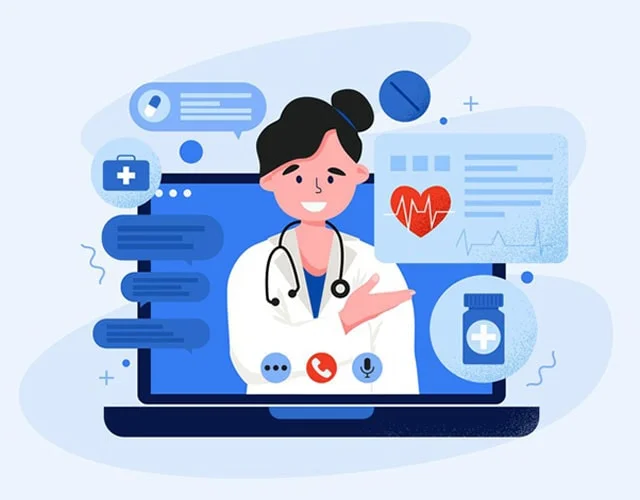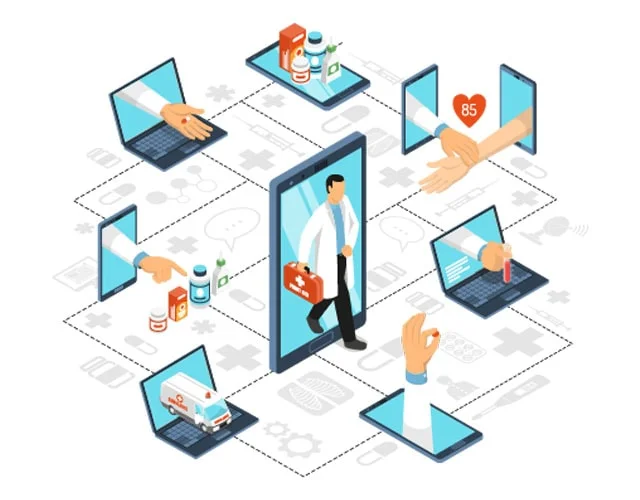KPI Reporting Software

KPIs, or key performance indicators, are measurable values that determine how effective an organisation is at achieving its key business objectives to achieve profit and sustainable development. Any group can use KPIs at different levels to assess its success at reaching its targets. KPI reporting software or KPI tracking software is utilised by discerning organisations for an easier way to measure overall performance and specific processes. Even healthcare and medical practices can rely on that tool to easily track and report on metrics and gain actionable insights to help stakeholders make critical decisions.
When looking for a good KPI reporting software, it's important to identify your unique requirements for data management and how it can be shared with other stakeholders in your organisation when necessary. Ideally, the software should simplify the way you explore, envision, and report company data. It should allow you to create custom and meaningful tables and charts to be shared using KPI reports and interactive dashboards and share insights.
Using the software, you should be able to visualise every key performance indicator on custom charts and interact with the data easily. Once you have connected data sources, data analysis and visualisation should be streamlined, and you will find it easier to measure and oversee KPIs to determine if your operations and overall practice are able to deliver the results you expect. That way, you can identify weak points and do your part to improve them.
Benefits of KPI Reporting for Organizational Performance Management
- Enhanced visibility: With KPI reporting software, organisations can gain better visibility into their operations and performance metrics. This visibility allows them to quickly identify areas that need improvement and make data-driven decisions to boost performance.
- Better resource management: KPI reports provide organisations with insights into how resources such as staff, equipment, and finances are being utilised. This allows them to optimize their resources and make sure that they are being used in the most effective way possible.
- Increased accountability: By tracking KPIs, organisations can hold their employees accountable for their performance. This can help motivate employees to perform better and ensure that everyone is working towards the same goals.
- Improved communication: KPI reports can be easily shared with stakeholders such as investors, clients, and employees. This helps improve communication and transparency, which can ultimately lead to better relationships and trust.
- Better decision-making: KPI reporting software provides organisations with accurate and up-to-date data that can be used to make informed decisions. This can help them identify trends, track progress towards goals, and make necessary adjustments to their operations to stay on track.
At iinsight®, we offer a modern and reliable KPI software system that fulfills those requirements and allows you to run your practice easily. Our case management solution is designed and built specifically for physicians, therapists, vocational rehabilitation consultants, NDIS service providers, and allied health practitioners, with the added benefit of integrated KPI tracking and reporting software. With iinsight®, you can easily track your KPIs and measure your practice's success at reaching its targets, all in one solution.


Don't bother with traditional KPI reporting software when you can use iinsight®
An all-in-one scalable platform that can be tailored to suit the unique needs of your organisation. With iinsight®, you can generate KPI reports to assist you in visualising key performance indicators and keeping track of your staff's progress against targets to boost performance. These reports are based on performance, case load, and location, with consideration to time and monetary targets.
Our software shows your KPIs from every important angle, which is a crucial action for your business strategy as it gives you a full perspective of your practice's status and how it fares against your objectives and the competition. Any group in your organisation can use KPIs at different levels to assess its success at reaching its targets.
With iinsight®, you don't need a separate KPI reporting software. Our platform can handle all your case management needs, including generating KPI reports. Our software processes complex metrics and data and transforms them into understandable and accessible visuals, which can help propel the performance of your practice. Choose iinsight® for all your KPI reporting needs and streamline your practice management.
Overall, having KPI reporting abilities is crucial for organisations to achieve their objectives, improve their performance, and stay ahead of the competition.
BOOK A DEMO WITH US TODAY and lets us show you




